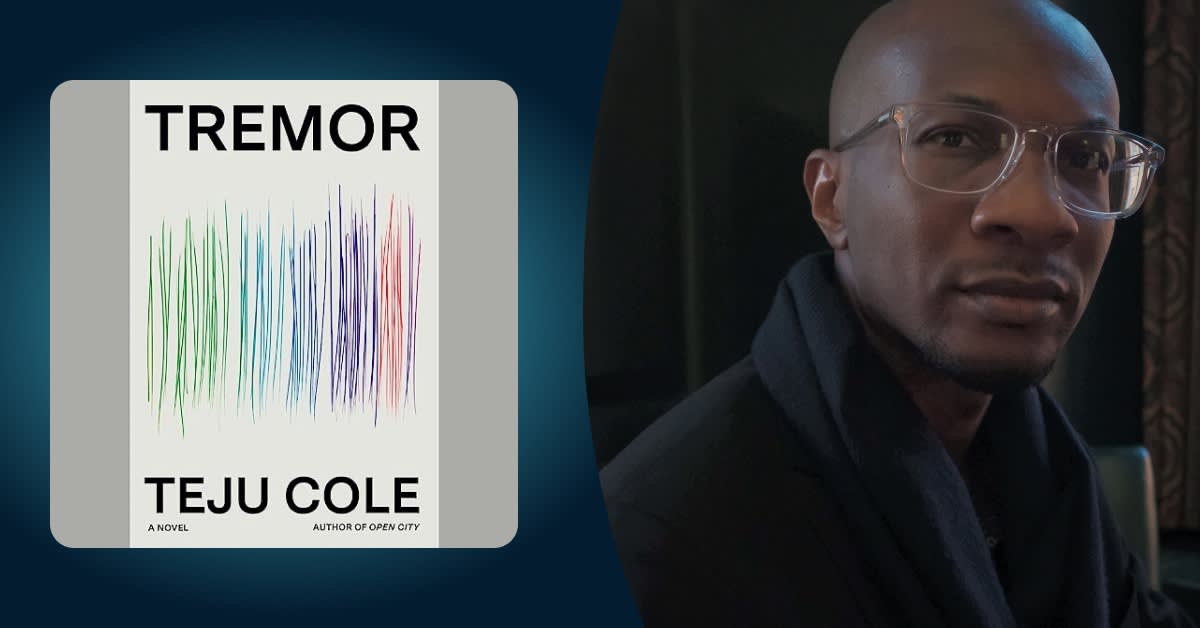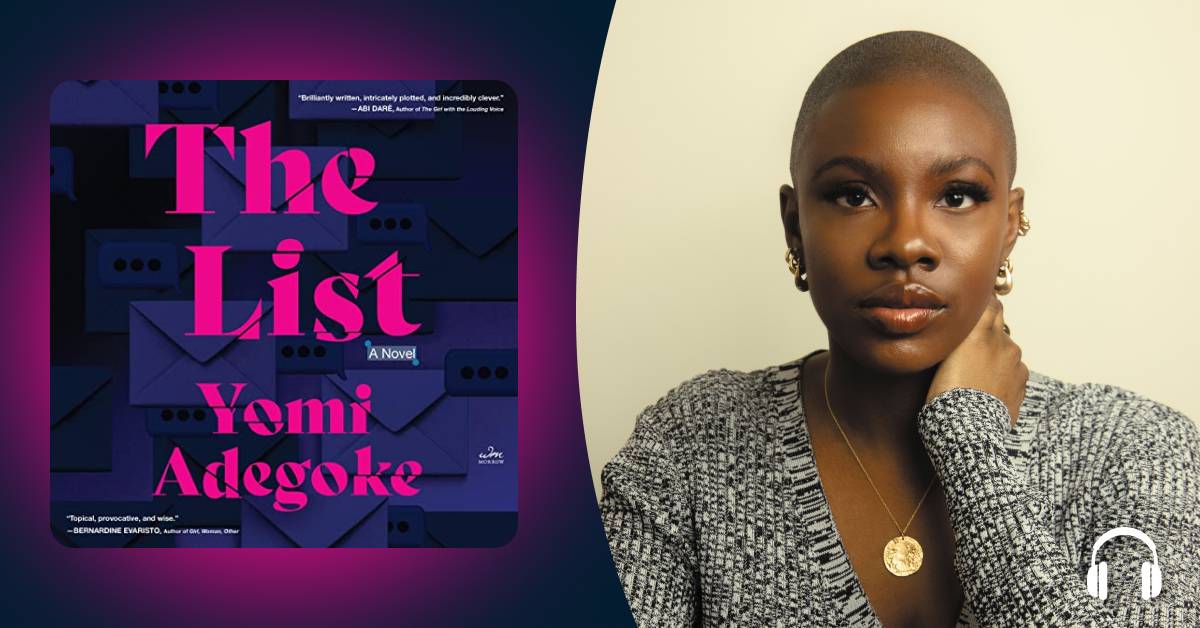Teju Cole's attention is forever trained on the world around him. Whether it's in his novels, influential essays, or photography, the incisive analysis he provides as a writer, photographer, and cultural critic is often electrifying in its unexpected ambiguities of quotidian connections. (For an example, in his book Blind Spot, he juxtaposes a photograph of PVC pipes with a passage about Seamus Heaney's poetry.) Now Cole returns with his latest novel, Tremor, and he answered our questions about his process, inspiration, and "contradictory way" of dealing with "life's thorny challenges."
Jerry Portwood: You've been focused on your nonfiction writing and photography for the past few years. What was it like returning to fiction after more than a decade since the publication of your debut novel, Open City?
Teju Cole: Anything worth doing takes a long time, and this includes photography and all kinds of writing. But there’s something about fiction in particular that, for me at least, is particularly slow-going. Slow, even if not necessarily steady. It’s not that for all these years I’ve been meticulously keeping notebooks that I can shape into a novel. I do keep notebooks, but not in a systematic or steady way. The slowness, I think, has to do with the emotional challenge of writing a novel. It takes years to refill one’s depleted emotional cistern. It’s a kind of deep focus, a readying of oneself to create a world, to invent a world, to ventriloquize all these people, and the fact that this invented world is quite similar to our “real” world doesn’t make the invention any easier. I find that writing fiction doesn’t get easier. But when it works, it is as exciting as ever.
How has your photography influenced your work as a writer up to this point?
They do interleave with each other. In photography and in writing, I’m trying to pay close attention, and I’m trying to find formal solutions that help me best convey those experiences of close attention. My work is very careful. My photos are quiet, and my sentences are clean, I think. I make decisions, of course, that are relevant to the tools at hand. Photography might involve choices about the camera, lighting, color, and so on. In writing, the choices might be about fiction or essay, about dialogue, sentence length, and the shape of a given book. But in all cases, I’m thinking about how to show what paying attention looks like. What does attention look like in a set of photographs? What does it look like in a novel? I feel there’s a great continuity in everything I do. I didn’t necessarily think so 10 or 12 years ago, but I think so now.
Your essays have probed issues of race, violence, evil, and so much more. What does this type of storytelling (the “novel”) allow that other formats don't? Is it an attempt to evoke the internal mental states of an individual's mind?
Yes, fiction in general and a novel in particular allows us deep immersion in “a world,” and that world undertakes deep description while also leaving a lot of questions open. You don’t need a novel to tell you that evil is bad. But maybe, in a novel, we might get a sense of the fractured or courageous or contradictory ways that individuals deal with life’s thorny challenges. How they deal with them, or fail to deal with them. I think of my own experience of reading novels and how I come away feeling a bit less lonely, because the novel has made me sit with the inner complexity of other persons, a complexity that rhymes with my own inner complexity.
You're highly attuned to various senses when constructing your books. What do you hope a listener to Tremor will gain as they experience events through the eyes and ears of Tunde, its protagonist?
I hope the listener will feel that the world, enormous as it is, is also perpetually intimate. Our lives unfold in time, and at every moment, something is closing and something else is opening. It is like a garden at dusk—there’s a lot of enchantment in life, but we have to slow down to take it in. Tremor tries to evoke that, and I hope a listener can feel some of the pleasure in that deceleration.
Do you have a favorite listen of 2023 to recommend and why?
I have really enjoyed the LRB Podcast (London Review of Books) these past few years. Wide range of subjects, tastefully minimal production, and a knowledgeable and low key host in Thomas Jones.








